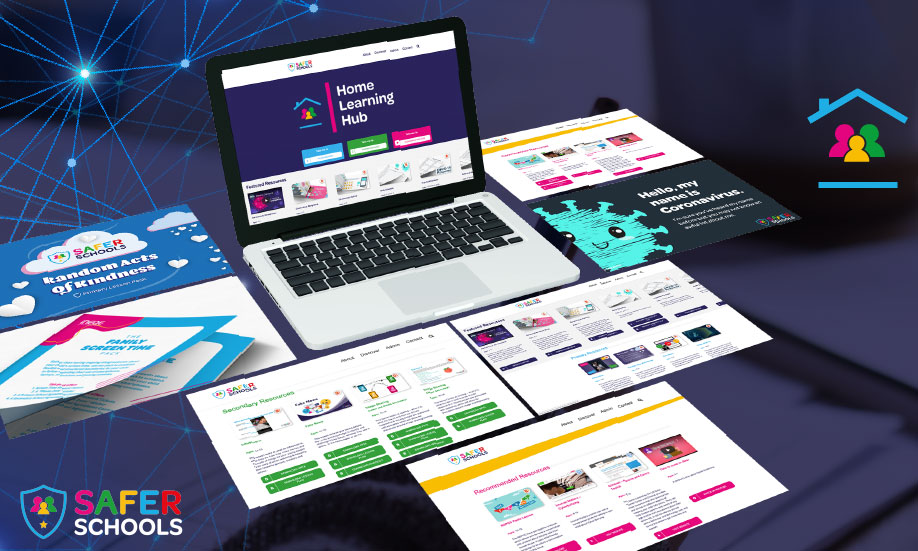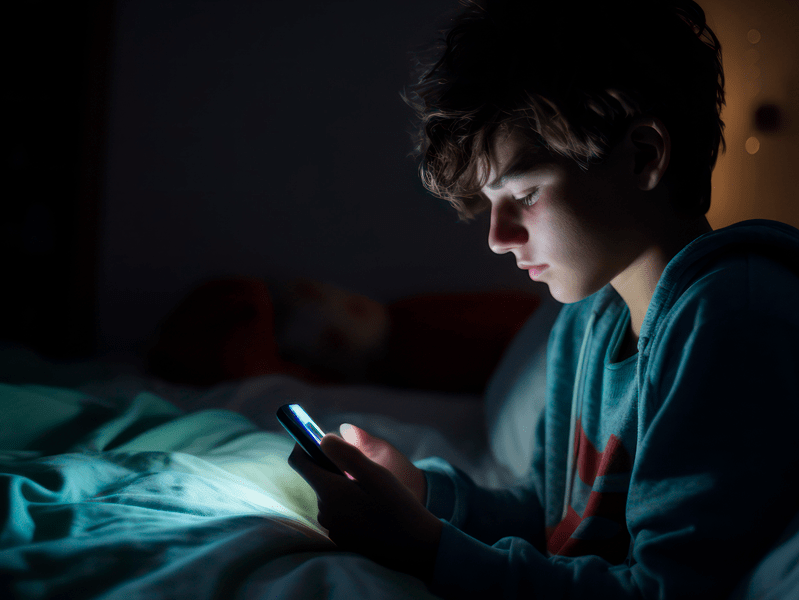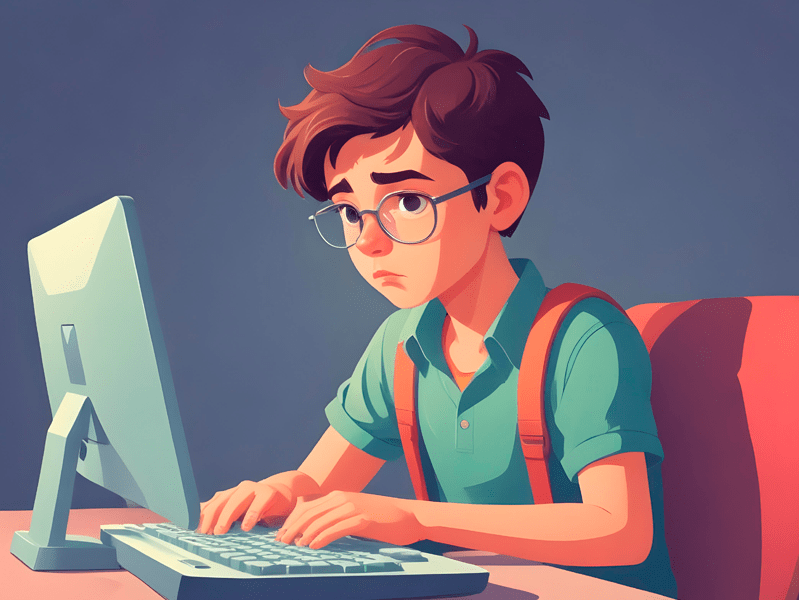Last Updated on 5th April 2024
Read the script below
Hello and welcome to Safeguarding Soundbites, the podcast that brings you all the latest safeguarding news and advice. This week, we’re talking about National Child Exploitation Awareness Day, ChatGPT and the Online Safety Bill.
Saturday the 18th of March sees National Child Exploitation Day, with this year’s theme focusing on child sexual exploitation. This form of child sexual abuse occurs when someone uses grooming alongside the promise of an exchange, such as gifts, money, affection etc. The crime can be perpetrated by anyone, including family members, group leaders or strangers.
National Child Exploitation Day aims to bring awareness and remind people to think about, identify and speak out against child exploitation. In recognition of the day, we’ve released an article explaining what child sexual exploitation is, how to recognise the signs and a series of videos covering the topic. We’ve also created a shareable that outlines common warning signs and tips for protecting the children in your care. Visit our website at ineqe.com to find those.
In the news this week, an updated version of ChatGPT, the online artificial intelligence chatbot, has been released. Alongside all the usual features, like generating email text, computer code and even writing poetry, the newest version can respond to images. So, if you’ve found a photo of a meal you’d like to make, you can upload the image and GPT-4 will respond with a recipe. It can also now process around eight times as many words.
Although ChatGPT might sound like the ideal AI, it has raised concerns amongst academics and saf eguarding professionals alike. Stories have appeared in the press about the chatbot responding to prompts with inappropriate and harmful replies. There’s also apprehension about the impact on education should it be used by pupils. Even the creators have warned about the potential for misinformation. Our online safety experts are keeping tabs on the potential pitfalls of AI chatbots and as always, the risks they might pose to children and young people – look out for more on this soon.
As the Online Safety Bill makes its way through the House of Lords, five of the UK’s leading children’s charities have urged the government to give children and young people an independent online advocate. The advocate would act like a consumer watchdog, promoting and protecting the interests of children and young people to Ofcom. The charities, including the NSPCC and Barnardo’s, see the role as a type of early warning system who can alert regulator Ofcom about potential online harms.
The Prime Minister has spoken out in support of the Bill, saying that his own daughter getting a phone has made him more aware about the risks children are facing when they go online. He believes that the Bill will bring peace of mind to parents about what their children are being exposed to online and bring appropriate age controls.
The Online Safety Bill was introduced to the House of Commons exactly one year ago on the 17th of March 2022 and is due to be passed by April this year, although it is still making its way through the system. As always, we’ll keep you updated on any major developments as they happen.
New research by charity Shelter shows that one fifth of homeless children are changing schools multiple times. Due to temporary accommodation, 47% of school-aged children have been forced to move schools and 37% of those children have missed more than a month of school. The stats show that life in temporary accommodation can have a detrimental impact to a child’s education, alongside their relationships and sense of belonging.
That’s all for this week. Thank you for listening and remember to give us a follow on social media – just search for INEQE Safeguarding Group on Facebook, Twitter and Instagram. Speak to you next time!
Join our Online Safeguarding Hub Newsletter Network
Members of our network receive weekly updates on the trends, risks and threats to children and young people online.
Pause, Think
and Plan
Guidance on how to talk to the children in your care about online risks.

Visit the Home Learning Hub!
The Home Learning Hub is our free library of resources to support parents and carers who are taking the time to help their children be safer online.













